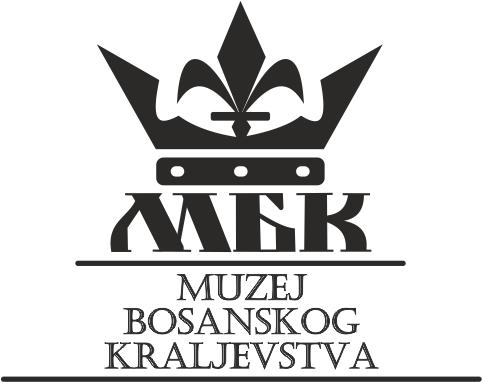Juraj Vojsalić Jr. was the second son of Duke Juraj Vojsalić, the nephew of Duke Hrvoje Vukčić Hrvatinić. Only one mention of Juraj Vojsalić Jr. has been preserved in historical sources, and that is in the charter of his father, which he issued in Potkreševo on August 12, 1434. This charter was preceded by a conflict between the counter-king Radivoj Ostojić, Duke Sandalj Hranić and Ottoman troops on the one hand, and the legitimate King Tvrtko II Tvrtković, Hungarian detachments, led by Ban Matko Talovac, and Juraj Vojsalić, duke of Donji Kraji, on the other. After defeating Duke Sandalj Hranić, Duke Juraj exempted from his rule the aristocratic family of Radivojević whose possessions were in western Hum. On that occasion, the mentioned charter was issued, which confirmed the hereditary possessions of the members of this aristocratic family – Duke Pavle, Prince Nikola and Prince Vlatko, and their relatives Prince Vuk Vukićević. Here we are referring to the towns of Vratar, Novi and Kruševac, as well as a large number of villages between the mouths of the Neretva and Cetina, which were previously taken from them by Duke Sandalj. A guarantee was given regarding the inviolability of their possessions, except in the case of treason, for which the punishment is death, while other family members who have not committed sins remain in their possessions. With this charter, they merely replaced the rulers, after Sandalj Hranić, the ruler was Juraj Vojsalić. After the charter was issued, it was handed over to members of the Franciscan order, who had the authority to rule in case of dispute.
The aforementioned charter was issued by Duke Juraj Vojsalić together with his sons, princes Peter and Juraj. Although Petar left a lasting impression on the Bosnian political scene during the last decades of Bosnian independence and acted practically as the successor of his father, Juraj’s actions are only attested in this charter, which implies he remained under the shadow of his brother, whose policy he probably followed.
Bibliography:
- Brković, Milko: “Značaj i važnost dviju bosansko-humskih isprava za povijest Makarskog primorja u XV. stoljeću”, Croatica Christiana periodica 39, Katolički bogoslovni fakultet, Zagreb, 1997, 10, 15-17.
- Čremošnik, Gregor: “Bosanske i humske povelje srednjeg vijeka”, Glasnik Zemaljskog muzeja 7, Sarajevo, 1952, 334-335.
- Ćirković, Sima: Istorija srednjovekovne bosanske države, SKZ, Beograd, 1964, 266.
- Miklosich, Franz: Monumenta serbica historiam Serbiae Bosnae Ragusii, Apud Guilelmum Braumüller, Wiennae, 1858, 377-379.
- Mrgić-Radojčić, Jelena: Donji Kraji. Krajina srednjovekovne Bosne, Filozofski fakultet u Beogradu-Filozofski fakultet u Banjaluci-Istorijski institut u Banjaluci, Beograd-Banja Luka, 2002, 116.
- Perojević, Marko: “Stjepan Tvrtko II Tvrtković (opet)” in: Poviest hrvatskih zemalja Bosne i Hercegovine, HKD Napredak, Sarajevo, 1942, 488-489.
- Smiljanić, Aranđel: “Povelja vojvode Đurđa Voisalića kojom potvrđuje baštinske posjede braći Đurđevićima”, Građa o prošlosti Bosne 4, ANU RS, Banja Luka, 2011, 117-118, 120-122, 126.
- Zilić Adis, Radivojevići-Vlatkovići. Vlastela Humske zemlje i Krajine, Univerzitet u Sarajevu-Institut za historiju, Sarajevo 2021, 91, 99, 118.
- Živković, Pavao: Tvrtko II Tvrtković: Bosna u prvoj polovini XV stoljeća, Institut za istoriju, Sarajevo, 1981, 173.
